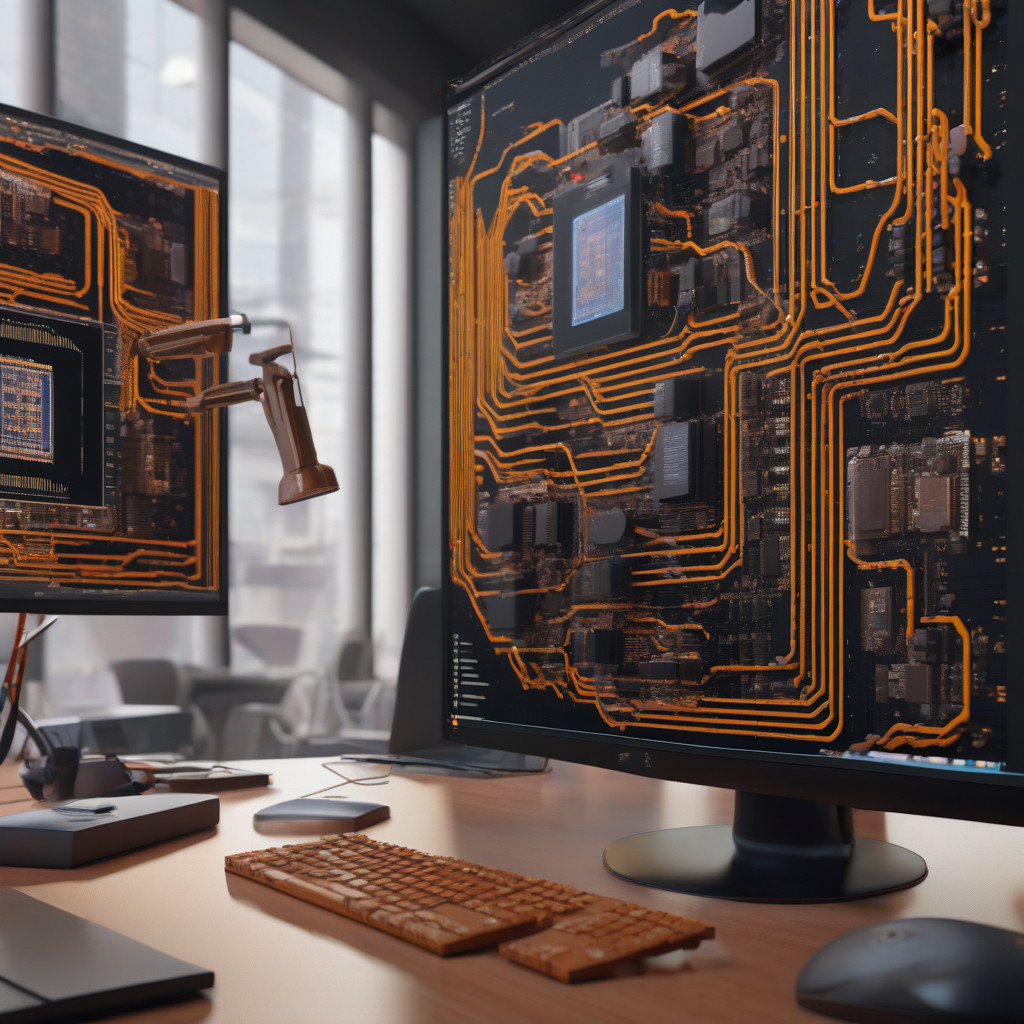Serverless computing has revolutionized the way developers approach application deployment and scalability. This approach, which abstracts server management, allowing developers to focus solely on code, has found a new champion in Modal’s Python and Rust-based platform for AI development.
By leveraging Serverless architecture, AI developers can allocate their time and resources more efficiently. Modal’s platform empowers developers to build AI models without the burden of server management. Python and Rust, being widely acclaimed programming languages in the AI and machine learning domains, provide a robust foundation for developing cutting-edge AI solutions.
The versatility of Python enables developers to prototype AI models rapidly, thanks to its extensive library support and readability. On the other hand, Rust offers unparalleled performance and memory safety crucial for deploying AI applications at scale. By combining the strengths of both languages, Modal’s platform equips developers with a powerful toolkit to tackle complex AI projects effectively.
Furthermore, the Serverless nature of Modal’s platform ensures automatic scaling based on workload demands, eliminating the need for manual intervention in provisioning and managing servers. This on-demand scalability is particularly beneficial for AI developers dealing with fluctuating workloads and resource requirements.
Moreover, Serverless architectures promote cost-efficiency by charging developers only for the resources consumed during code execution. This pay-as-you-go model is advantageous for AI projects with varying computational needs, allowing developers to optimize costs without compromising on performance.
In addition to scalability and cost-effectiveness, Serverless platforms like Modal’s offer enhanced security through built-in isolation of functions and automatic updates of underlying infrastructure. This reduces the burden on developers to ensure the security and reliability of their AI applications, allowing them to focus on innovation and functionality.
Overall, Modal’s Python and Rust-based platform for AI development exemplifies the convergence of cutting-edge technologies to streamline the development process. By embracing Serverless computing, AI developers can harness the power of Python and Rust to create sophisticated AI solutions efficiently and effectively.
In conclusion, the fusion of Serverless architecture with Python and Rust on Modal’s platform signifies a significant leap forward for AI development. By embracing this innovative approach, developers can unlock new possibilities in AI innovation while benefiting from enhanced scalability, cost-efficiency, and security.

